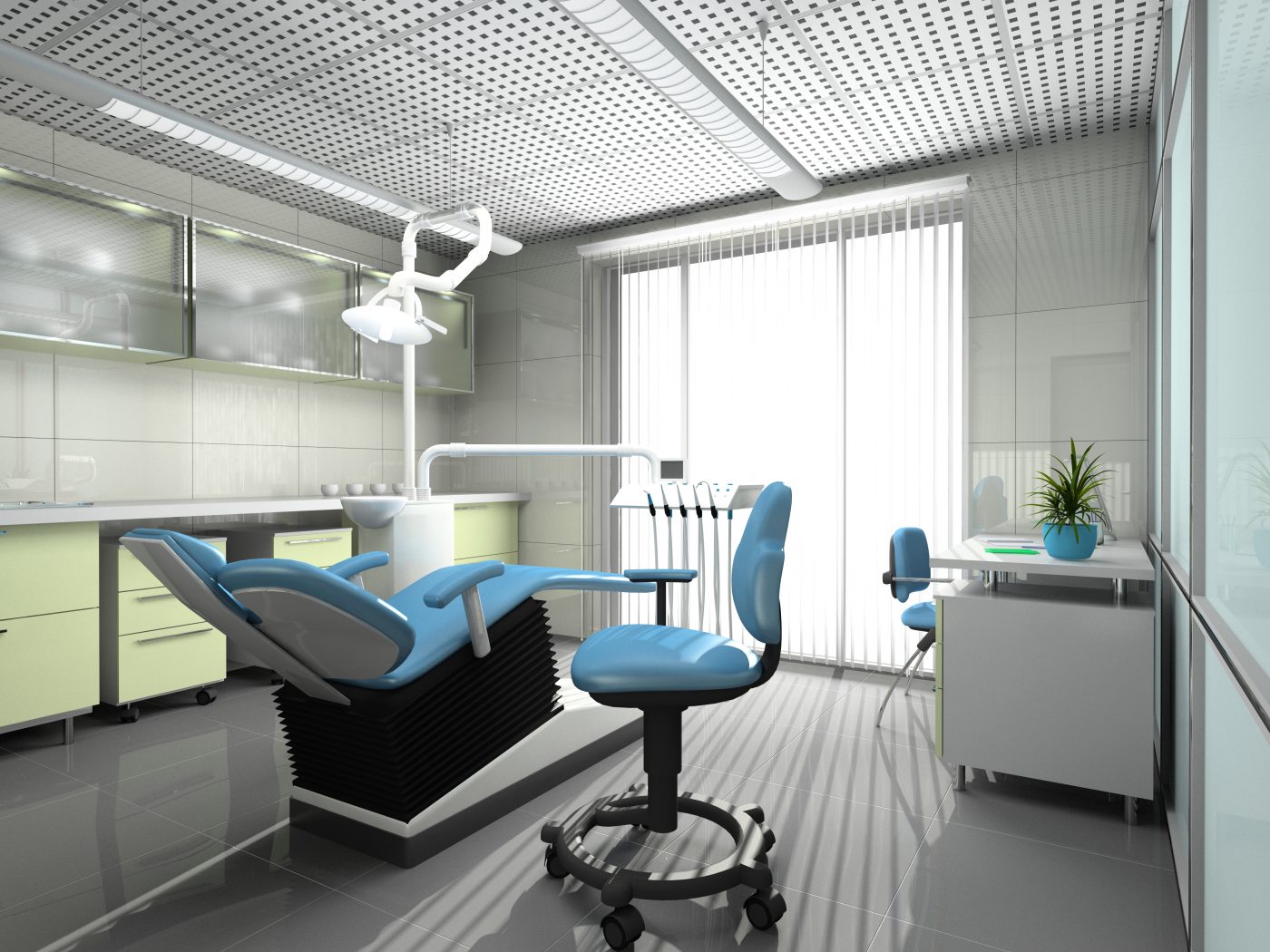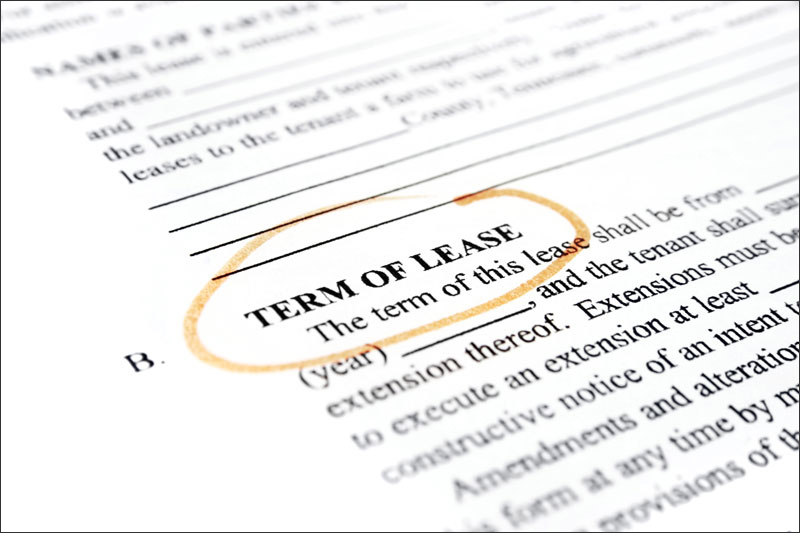
As a dental practice owner, you may feel like the underdog when entering into lease negotiations with your landlord, but all you need to gain the upper hand, is leverage. Whether you’re a new practice owner, or an established dentist who is approaching your office lease expiry or renewal deadline, preparation is key. This means knowing your rights as a dental tenant, and having the confidence to fight for your practice. Unfortunately, many dentists will sign on the dotted line without fully understanding what they’re agreeing to.
Your dental office lease is a critical legal, financial, and business commitment that can either work with you to protect your practice, or be used against you by your landlord. The details in the lease dictate key aspects of your business, such as what you can practice and what services you can offer in the space, your ability to bring in associates, the conditions under which you can sell the practice, and more, which is why signing a lease should not be taken lightly. The good news is that you can take simple steps to avoid common lease traps, and actually come out on top during your negotiation. Follow these 5 key tips to turn the negotiation tables in your favor.
1) Understand the Landlord’s Motives
It’s important to know that your landlord will not have your best interests at heart. It’s not personal; it’s just the nature of the negotiation game! They will optimize the lease so that they’re in control, and you’re left bearing the financial responsibility and risk. A lease prepared by a landlord will undoubtedly be written to further their financial agenda – for example, the lease may permit them to move another dental office into the center, or uproot your clinic to make room for a higher-paying tenant. They may have the right to collect proceeds from the sale of your practice, or the right to terminate your lease and evict you from the building in order to redevelop the property or accommodate the needs of other tenants.
So, how can you possibly protect your practice? Well, recognizing that your landlord will propose a lease that favors their interests is the first step. Many dentists treat the landlord’s proposed lease as the be-all end-all offer, but it’s important to remember that everything is negotiable. Instead, think of the proposed lease as a first draft, where nothing is written in stone and it is up to you to take advantage of the opportunity to negotiate a fair and equitable agreement.
2) Know Your Value as a Dental Tenant
 The nature of your business is a great asset when it comes to negotiating favorable terms. As a dental tenant, you are considered of high value to your landlord. Why? Well, historically, dentists are loyal, long-term tenants, and landlords prefer longevity over revolving door tenants. Your tenancy guarantees a reliable source of revenue and security, and steady income is very attractive to a landlord. In addition, dentists generally have low default rates compared to other businesses. Dealing with defaulting tenants can be a cost and organizational nightmare; therefore, landlords tend to favor businesses with low default rates.
The nature of your business is a great asset when it comes to negotiating favorable terms. As a dental tenant, you are considered of high value to your landlord. Why? Well, historically, dentists are loyal, long-term tenants, and landlords prefer longevity over revolving door tenants. Your tenancy guarantees a reliable source of revenue and security, and steady income is very attractive to a landlord. In addition, dentists generally have low default rates compared to other businesses. Dealing with defaulting tenants can be a cost and organizational nightmare; therefore, landlords tend to favor businesses with low default rates.
Another benefit to your tenancy is the foot traffic that a dental practice brings to a commercial center, strip plaza or building. Your patients are likely to become patrons of surrounding businesses, which elevates the economy in a building or center. This is music to your landlord’s ears, because a healthy economy for tenants means they can pay their rent and retain their tenancy.
These factors are important to make note of because you can use them as leverage in your negotiations. Knowing that you bring value to the table means you can negotiate from a place of strength, and push for your demands to be met. Ultimately, your landlord will want to make you happy, and you can use this insight to your advantage.
3) Check Those Clauses!
One of the ways you can exercise your advantage is by identifying and amending problematic clauses in your proposed dental office lease agreement. These clauses favor your landlord and can leave your practice exposed and vulnerable. For example, the “Use of Premises” clause can potentially limit what you may practice in the space. If the language isn’t well thought out, you may find yourself prohibited from offering certain kinds of services and specialties such as orthodontics or periodontics, or even from bringing on a new associate. Your landlord may suggest phrasing such as “exclusive to” or “and for no other use whatsoever”, which means you limit your ability to provide services outside of a narrow scope. As the practice owner, you should suggest wording that grants you the flexibility to accommodate future possibilities in both dental services and personnel.
4) Only Agree to Terms You Can Live With
 A standard lease agreement likely contains 40-80 pages of legally binding terms and conditions; and within those terms there will be many obvious and hidden red flags. One of the most important provisions is the “Assignment” clause; it gives your landlord control over your practice’s future sale or assignment (transfer to another dentist). For example, if you decide to assign your lease as part of the sale of your clinic, you will first require landlord approval at their discretion, which can really put a wrench in your retirement plans. Even after you find the perfect buyer who is capable of satisfying your landlord’s strict requirements, you won’t be able to sit back and enjoy the proceeds of the sale, because… guess what? Many landlords include provisions in the lease which grants them the right to collect a portion of your practice sale proceeds, and then even after the sale, require you to remain personally and financially responsible for the lease!
A standard lease agreement likely contains 40-80 pages of legally binding terms and conditions; and within those terms there will be many obvious and hidden red flags. One of the most important provisions is the “Assignment” clause; it gives your landlord control over your practice’s future sale or assignment (transfer to another dentist). For example, if you decide to assign your lease as part of the sale of your clinic, you will first require landlord approval at their discretion, which can really put a wrench in your retirement plans. Even after you find the perfect buyer who is capable of satisfying your landlord’s strict requirements, you won’t be able to sit back and enjoy the proceeds of the sale, because… guess what? Many landlords include provisions in the lease which grants them the right to collect a portion of your practice sale proceeds, and then even after the sale, require you to remain personally and financially responsible for the lease!
Here’s another instance where understanding your value as a tenant can be used to renegotiate any unfavorable terms and conditions. Review your lease carefully, educate yourself, and don’t get lost in the “here and now”. You may not be thinking about retiring from dentistry yet, but it’s important that your lease cover any eventuality, so be smart and think ahead.
5) Call in the Pros
The best thing you can do for your practice is to leave the lease negotiations in the hands of professional dental office lease negotiators. As you can see, there are many considerations when it comes to negotiating an airtight lease, and numerous opportunities for error. Working with a dental leasing professional is like wielding the ultimate lease negotiation defense – you’ve got an expert fighting for you and your interests. Not only will they act as your representative and advocate throughout negotiations, but they’ll also sit down with you to plan a long-term strategy that supports your practice objectives and career goals. So, when it ultimately comes time to extend your lease or sell your dental practice, you’ll be in for a smooth and painless transition with no hidden costs, penalties, or surprises.
When it’s your turn to sit down at the negotiation table, remember that you don’t have to proceed alone, or agree to what is initially proposed. In reality, dental office lease negotiations can take weeks or even months, and this is often a sign that you’re doing it right. An informed dental tenant who knows their worth and what to look out for is already one step closer to a successful lease negotiation. If you still feel like the underdog, consulting professional dental office lease negotiators can help make this process stress and hassle-free, allowing you to focus on your patients.
Questions about your lease or upcoming negotiation?
Contact us for a personalized lease chat below.
No Fields Found.




